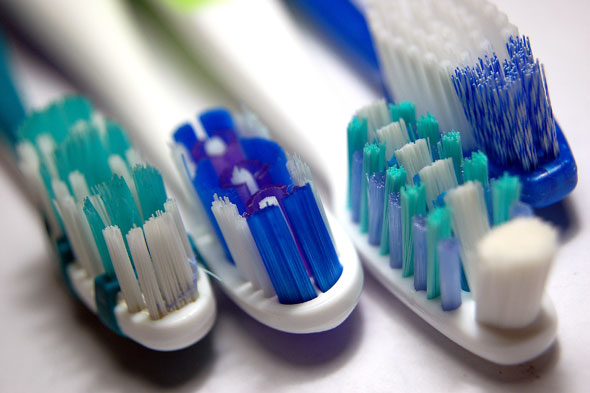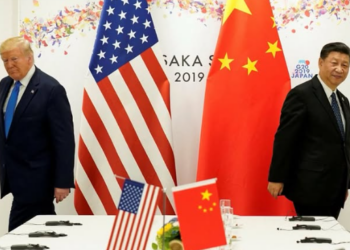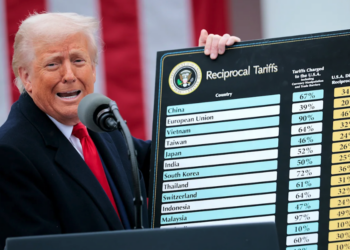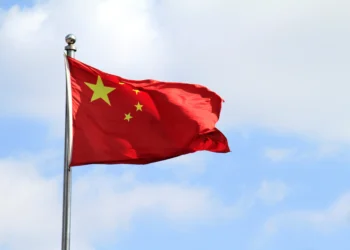Nigeria is said to have imported 159 million toothbrushes worth about $9,372,920 from China according to a BBC Report that looked at Chinese exports to Africa in 2014. The report further claims that Nigeria spent a whopping $450,012,993 on the importation of motorbikes from China. That’ s not all!
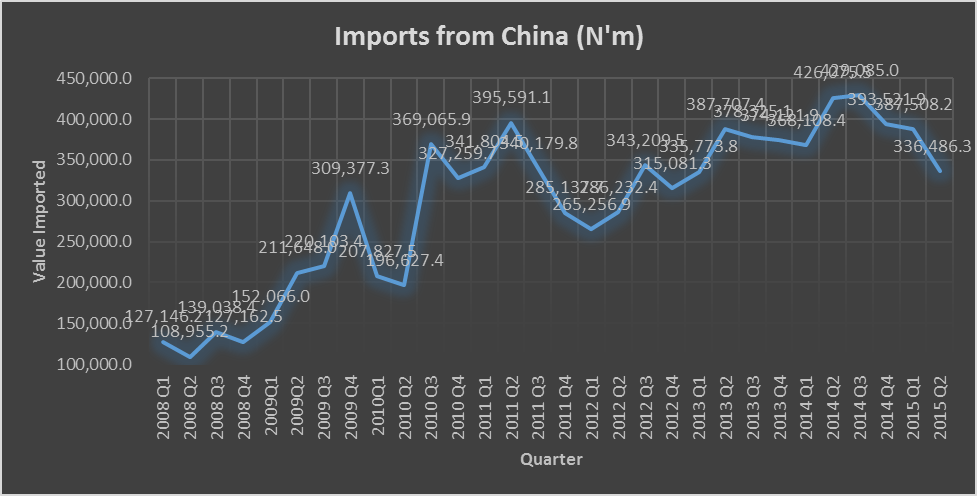
Source: Resourcedat Research
Nigeria is said to have spent about N1.6 trillion on Chinese Imports in 2014 and another N723.9 billion in the first two quarters of 2015 according to data from the National Bureau of Statistics. Data from China indicates Nigeria has this year (January to October) imported goods valued at about $11.3 billion from China and exported goods and services worth $1 billion. Nigeria is only second to South Africa ($13.6 billion) in imports from China from Africa. Africa’s total imports from China was about $89 billion.
Nigeria is not left out in the thirst for Chinese products in Africa. According to the BBC report
Benin
In 2014, tiny Benin was the continent’s biggest importer of wigs and false beards from China. It purchased Chinese hair pieces worth $411m.
A hefty three million kg (472,400 stone) were taken to Benin, with many of those wigs then whisking their way to neighbouring Nigeria.
South Africa
South Africa was the continent’s biggest importer of Chinese-made male underpants.
Of the 18,747,003 pants imported by South Africa in 2014, 16,612,590 were Chinese – that’s a whopping 88% of South Africa’s imported pants.
Kenya
Kenya was Africa’s biggest importer of plastic Chinese toilet seats in 2014, spending $8,197,499 on the lavatorial thrones.
Togo
China has also been keeping Africa moving. In 2014, Togolese traders spent $193,818,756 on Chinese motorcycles.
Nigeria China trade has been on a steady rise in recent times with loans from Chine fast dominating the share of Nigeria’s debt portfolio for any single country. Nigeria’s debt to China is put at about $1.3 billion. China has also increased its trading activity with Nigeria with coverage extending to manufacturing, road construction, telecoms, power etc. The Chinese Leader, Xi Jinping told African presidents on Friday at a summit in South Africa, that his country would provide $60 billion over three years to fund development on the continent.
The level of imports from China and indeed other countries drives into the very heart of the CBN policies currently in place. Ironically those for devaluation of the naira and those against it agree on one thing; Nigeria’s thirst for imported products needs to be quenched if it is to compete in the global economy and to a larger extent keep the value of its currency in tact. It’s either you devalue to quench that thirst or you tighten controls to kill that thirst. Either way, the consequences are severe.

